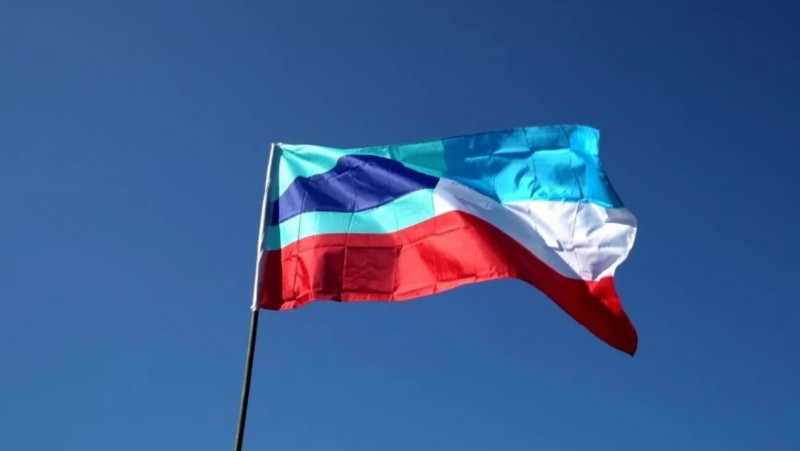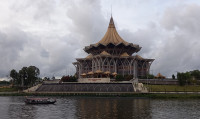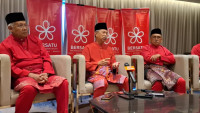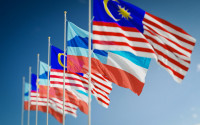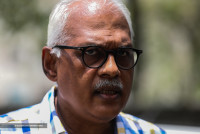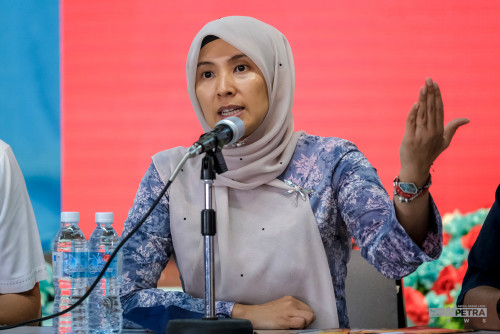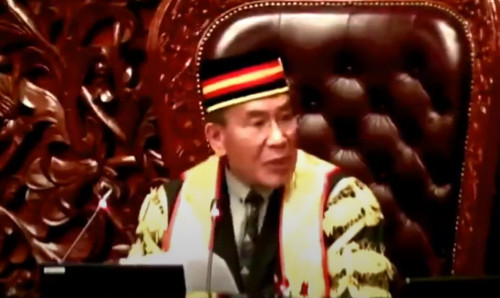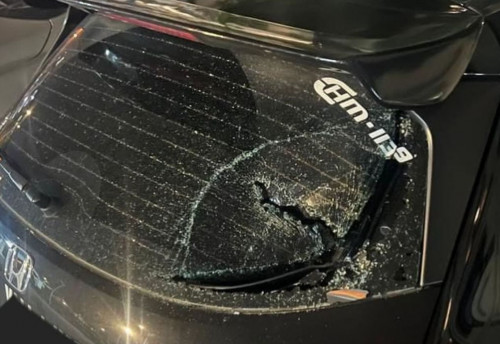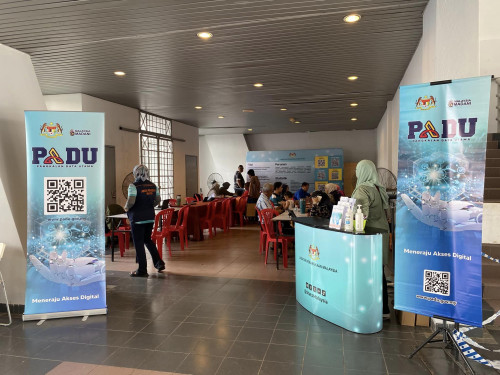Spanish arbitrator Gonzalo Stampa recently ordered Malaysia to pay US$14.92 billion (RM62.56 billion) plus interest and costs to the heirs to the Sulu sultanate, who are in the Philippines, over their purported ownership of the state of Sabah.
According to the Global Arbitration Review, the arbitrator further criticised Malaysia’s “intimidatory and coercive” tactics when issuing the award in Paris and directing the Malaysian government to pay the amount.
The background to this case was explained early last year by former attorney-general Tan Sri Tommy Thomas in his book My Story: Justice in the Wilderness. He noted that the families of the Sulu descendants who had been receiving an annual payment of RM5,300 for 135 years under the agreement signed during the British era had threatened legal action against Malaysia, which was not taken seriously by the past administration.
However, in 2019, the government was served demand letters which were sent by lawyers from London, acting on behalf of the descendants, seeking Malaysia’s participation in arbitration proceedings before a single Spanish arbitrator in Spain.
Since there was no arbitration agreement in the 1878 and 1903 documents pertaining to their claims, the Sulu heirs had applied to the courts in Spain, which appointed a Spanish arbitrator to determine a dispute between Philippine citizens and Malaysia.
The Sabah Law Society offers an insightful and detailed legal opinion on the latest development.
THE claimants in the arbitration are successors-in-interest to the last sultan of Sulu.
The sultan signed an agreement in 1878 with a group of British and German entrepreneurs for the exploitation of minerals and forest products in territory under his control, in return for annual payments.
The entrepreneurs’ rights were passed to Sabah state upon its independence in 1963.
Malaysia continued to make annual payments of approximately US$1,000 (RM4,190) but stopped making payments in 2013.
The claimants pointed out that Malaysia’s ex-attorney general Tan Sri Tommy Thomas admitted in his autobiography that there were no legal grounds for Malaysia to refuse to continue making the payments and that Sabah was in breach of the agreement.
The tribunal, consisting of sole arbitrator Gonzalo Stampa, held that the 1878 agreement was an international private lease agreement of a commercial nature.
He found that the arbitration agreement was reflected in the arbitration clause contained in the deed.
On March 29, 2019, the Civil and Criminal Chamber of the Superior Court of Justice of Madrid rendered Judgement 11/2019 had earlier also upheld the arbitration agreement.
The arbitrator found that Malaysia had breached the agreement by not continuing to make payments as of January 2012 and that the contract was terminated.
The tribunal held that the claimants were entitled to recover the restitution value of the rights over the leased territory.
This sum amounted to US$14.92 billion (RM62.56 billion) including pre-award interest.
As Malaysia is a member of the New York Convention, it is obliged to enforce the award, but has the option of making an application to set the award aside in France, where the award was rendered.
If Malaysia refuses to make payment, the claimants will have the right under the New York Convention to enforce the award against Malaysian state assets in any of the 167 signatory state parties around the world.
The Sabah High Court judgement of Government of Malaysia v Nurhima Kiram Fornan & Ors in 2020 has gone the other way.
The Malaysian government brought an action against the claimants in the arbitration to restrain them from proceeding with the arbitration.
The Malaysian government also sought a declaration that:
(i) there was no arbitration agreement between the parties;
(ii) no waiver of sovereign immunity by Malaysia in respect of the dispute; and
(iii) Malaysia was the natural and proper forum to resolve the dispute over territorial rights arising from the deed of cession.
The claimants did not appear in the court matter and judgement was given to Malaysia.
In summary, the high court held that the requirement to submit disputes to Her Britannic Majesty’s Consul-General for Borneo could not be interpreted as an arbitration agreement.
The high court then decided that if the dispute settlement provision could be interpreted as an arbitration agreement:
(i) it was now incapable of being performed as the position of Her Britannic Majesty’s Consul-General for Borneo no longer existed;
(ii) an earlier suit brought by the then-existing heirs to the sultan of Sulu in 1939 before the High Court of the State of North Borneo demonstrated that the previous heirs of the sultan of Sulu had acknowledged that there was no arbitration provision in the deed of cession;
(iii) there was no nexus between Spain and the deed and Spain was remotely connected to the parties to the dispute.
As the claimants did not appear in these court proceedings, a default court judgement was issued.
There will be a very interesting situation if the claimants decide to enforce the award as a New York Convention Award in a foreign state outside Malaysia.
In contrast to the very large number of signatories under the New York Convention, Malaysia has signed a very limited number of bilateral agreements with foreign states to recognise and enforce Malaysian court judgments.
While Malaysia did not appear as a party to the international arbitration proceedings, unlike the Malaysian court, where default judgments can be issued, it is not possible to issue a default award in international arbitration.
This means that the arbitral tribunal will have to look at all the evidence, hear and test the witnesses, and satisfy itself that the claiming party is able to succeed in its claim.
This means that the weight accorded to an arbitral award is usually much heavier than the weight accorded to a default court judgement, where a default judgement can be given automatically under court procedural rules.
Foreign courts are generally thought to be likely to have to give more weight and priority to tested conclusions contained in international arbitration awards rather than to untested conclusions contained in default court judgments.
This will be an interesting situation, and it remains to be seen if foreign courts will give more priority to the New York Convention than to bilateral treaties with respect to reciprocal enforcement of court judgments. – The Vibes, March 1, 2022
The Sabah Law Society aims to assist the government and the courts in all matters affecting legislation and the administration and practise of law in Sabah



